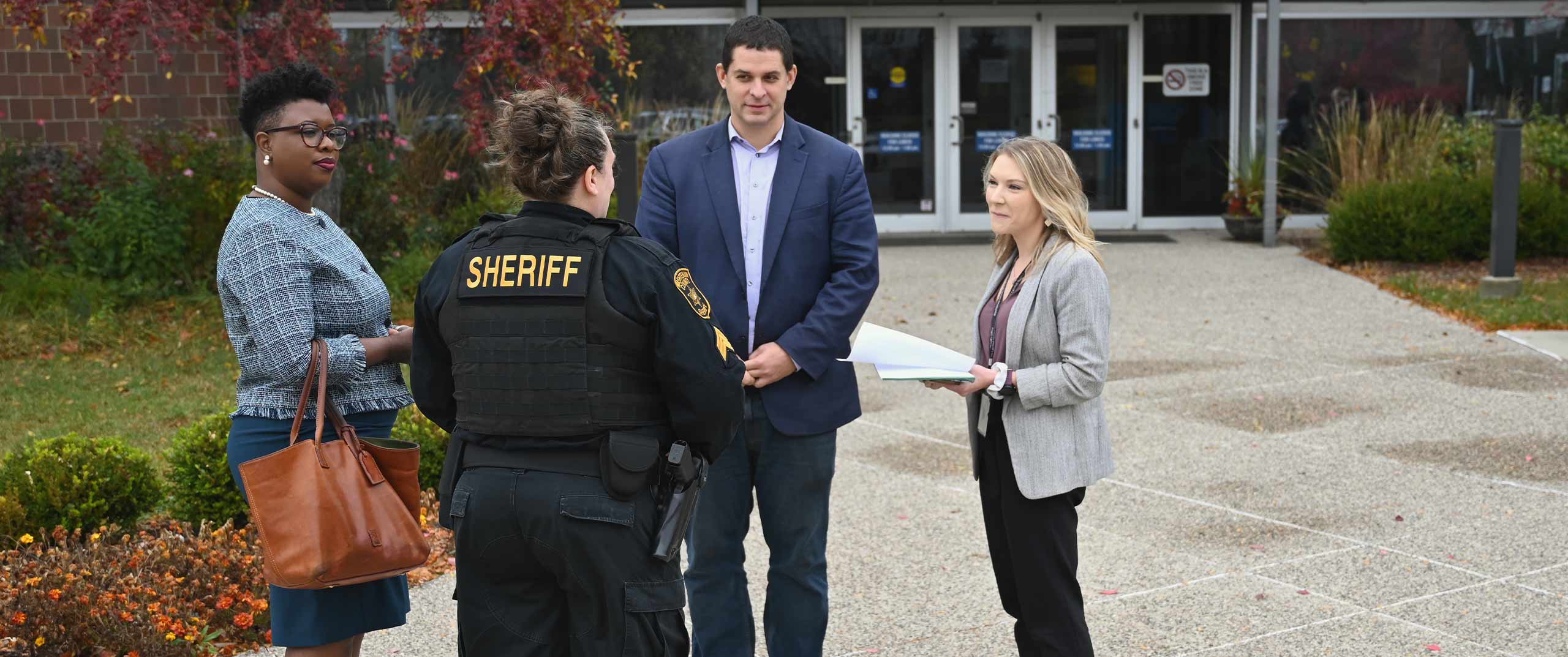Built on a framework of ongoing, structured collaboration, LEAD recognizes that multiple entities that typically may not work together are essential to a shared effort to address complex problems that no single entity is responsible for causing or solving. With its focus on collective change, LEAD is not “owned” by any one partner or office-holder. A core principle of LEAD oversight and communications is that all partners share responsibility for both achievements and difficulties in LEAD.
As outlined under Roles and Responsibilities, LEAD requires collaboration among many stakeholders, and training and education in the model can help partners and their constituents understand how LEAD works. This Toolkit can be used as a core resource in selecting, onboarding, and assessing the site’s project managerThe Project Manager (PM) is responsible for coordinating all aspects of the LEAD initiative and managing its day-to-day ... More; forming and running governing and operational groups; procuring, contracting with, and training service providers; establishing a legal framework for information-sharing and care coordination; and engaging the community. Finally, this toolkit can also be used in developing a site’s sustainability and evaluation plans, assessing its progress, and in expansion or replication.
Whether you’re exploring LEAD, are eager to begin a LEAD initiative, have encountered challenges in LEAD implementation, or are seeking guidance in expansion or evaluation, this toolkit offers resources to help your community build better safety, health, and equity with LEAD.
Request Technical Assistance
The LEAD Support Bureau provides intensive and ongoing technical assistance and support through site-specific contracts; some technical assistance may also be available on a limited pro bono basis. To request assistance, contact the Bureau.

